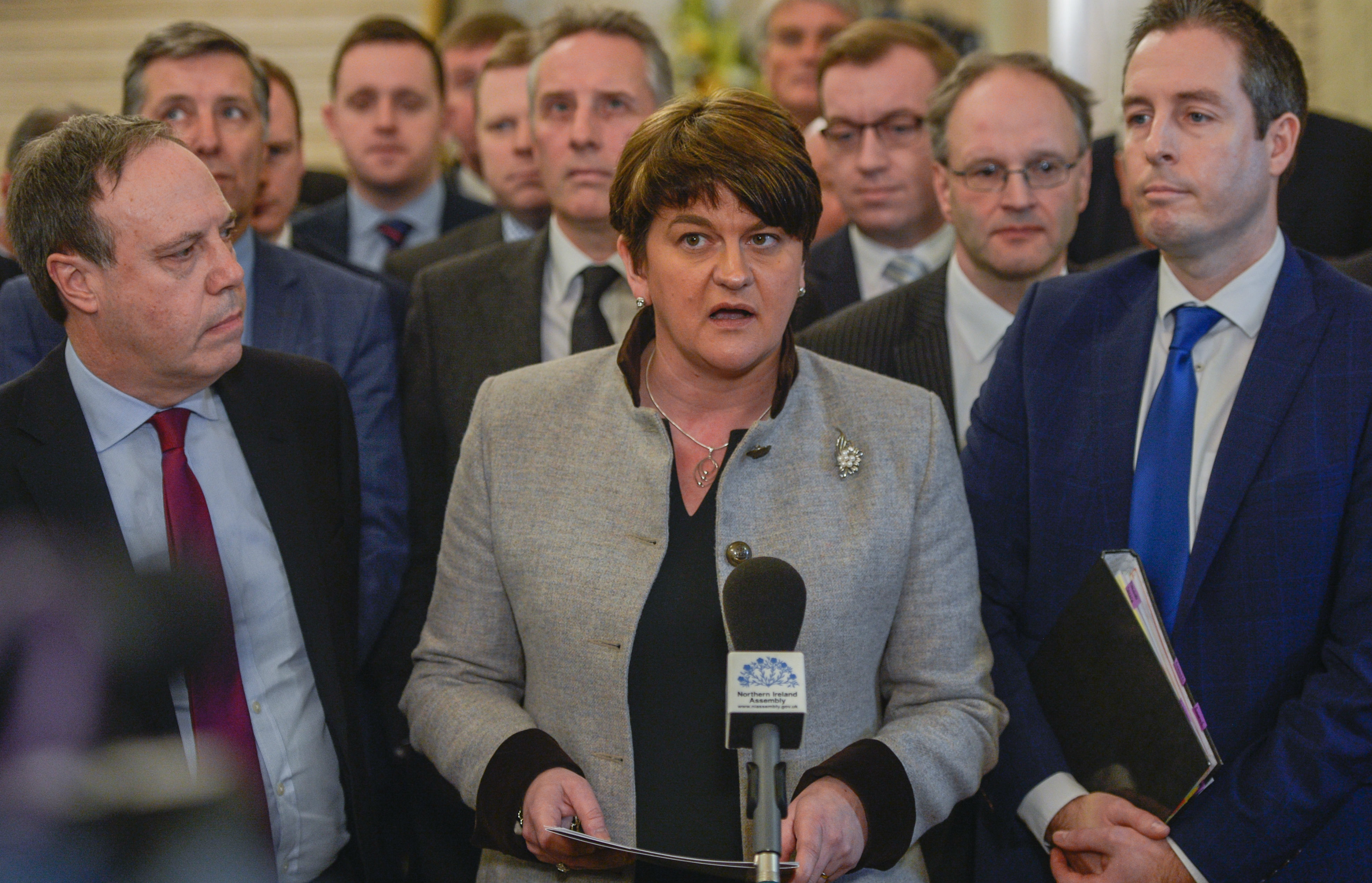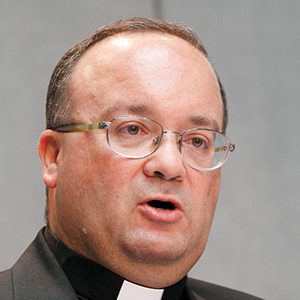Under certain circumstances and after long prayer and a profound examination of conscience, some divorced and civilly remarried Catholics may return to the sacraments, said the Bishops of Malta.
With “an informed and enlightened conscience”, a separated or divorced person living in a new relationship who is able “to acknowledge and believe that he or she is at peace with God”, the bishops said, “cannot be precluded from participating in the sacraments of reconciliation and the Eucharist.” The Maltese “Criteria for the Application of Chapter VIII of Amoris Laetitia”, Pope Francis’ apostolic exhortation on the family, was published on 13 January after Archbishop Charles Scicluna of Malta (above) and Bishop Mario Grech of Gozo sent it to all Malta’s priests.
Without an annulment, the bishops said, couples living in a new relationship should be encouraged to abstain from sexual relations since the Church does not consider their new union a marriage. But couples will sometimes find practising the virtue of “conjugal continence” impossible. Archbishop Scicluna and Bishop Grech urged priests to devote time to such couples, guiding them to reflect on their first union, their contributions to its failure, its impact on their children and a host of other questions.
“This discernment acquires significant importance since, as the Pope teaches, in some cases this help [from the Church] can include the help of the sacraments,” the Malta document said. “We must be careful to avoid falling into extreme rigour on the one hand and laxity on the other”.
The opposition-controlled National Assembly of Venezuela voted on 9 January for President Nicolás Maduro’s “abandonment of office”, to force a new election. However, the Supreme Court has stated it would block the vote from being implemented. After the vote, opposition politicians and the Catholic Church co-signed a statement calling for “urgent political change”. The statement was published on 10 January, after the plenary assembly of the Venezuelan Episcopate and denounced “the systematic violation of human rights and the Constitution, the gradual de-institutionalisation of [the] public sphere and the militarisation of all aspects of civic engagement.”
Outgoing US President Barack Obama (above) announced the immediate end of the “Wet Foot, Dry Foot” policy on 12 January. Since the 1990s the policy, officially the Cuban Adjustment Act, has allowed Cubans to become legal residents after arriving on US soil, encouraging thousands to try to reach the US by land or sea. The US bishops’ Committee on Migration released a statement expressing its “disappointment” over the “sudden” decision.
Bishop Joe Vásquez of Austin, Texas, who, chairs the committee, stated: “While we have welcomed normalising relations with Cuba, the violation of basic human rights remains a reality for some Cubans and the Wet Foot/Dry Foot policy helped to afford them a way to seek refuge in the United States.” The numbers of Cubans making the dangerous journey to the US skyrocketed after December 2014 when the US and Cuba re-opened diplomatic relations. Hundreds of thousands of Cubans were reportedly en route to the US border when Obama made the announcement. It is unclear how they will proceed. Most Cubans sell their homes or take on debt to afford the journey.
Pope’s message to migrants
Launching National Migration Week in the US, one week before Donald Trump was to be sworn in as President, Pope Francis sent a video message of hope to immigrants.
The video, part of a longer video interview with the lay Catholic El Sembrador organisation of California, was released at a Mass in Los Angeles. “My heart is on the streets, that is, my Christian heart is open to a message, to those who suffer and to those who are going through bad times and to those who are ill. It means the works of mercy, which are the spine of the Gospel,” Francis said.
Leading up to the 19 February general election, the Ecuador Bishops’ Conference published a letter calling for voters to evaluate the proposals of all candidates and judge their democratic and ethical merits.
Eight candidates are vying to replace left-wing President Rafael Correa. The letter states that Ecuador needs a “pact for the common good” and that voters should “choose those who best approach their ideals for society”. Correa’s former vice-president, Lenin Moreno, has been tapped as the candidate for Correa’s Alianza Pais party. He is leading in the polls, but if he does not secure at least 40 per cent of the vote and a 10-point lead over his closest rival in the February vote, he will face a difficult run-off. The bishops’ letter stated that poverty is one of the main challenges to the country and reminded voters that public policies that support the death penalty, euthanasia, gay marriage and abortion are “ethically unacceptable”.
Refugee crisis
The Catholic aid agency Cafod is working with its Greek partner, Caritas Hellas, to respond to the deteriorating situation of thousands of refugees stranded in the country who are enduring life-threatening low temperatures. “The worst conditions are in the north,” said Maristella Tsamatropoulou, communications officer with Caritas Hellas. Refugees “burn anything they can to stay warm … People cannot even drink or get a bath because the water is frozen”, she added. Cafod is helping Caritas Hellas, which is providing bottled water.
Bishops’ strike plea
The strike by Kenyan doctors, which entered its seventh week on Monday, can no longer be tolerated, the country’s Catholic bishops have declared.
The 5,000 doctors, members of the Medical Practitioners, Pharmacists and Dentists Union, went on strike at the beginning of December, in a dispute over pay and working conditions. They want the Government to honour a 2013 Collective Bargaining Agreement. Doctors earn between 80,000 shillings (£638) and 120,000 shillings (£958) per month, but the agreement gave them a 300 per cent pay increase, which the Government now says it cannot afford. “We appeal to the doctors to resume essential medical duties, as their union negotiates with Government,” said Bishop Philip Anyolo, chairman of the Bishops’ Conference, on 10 January.
19 January 2017, The Tablet
News Briefing: global
 Loading ...
Loading ...
Get Instant Access
Subscribe to The Tablet for just £7.99
Subscribe today to take advantage of our introductory offers and enjoy 30 days' access for just £7.99



